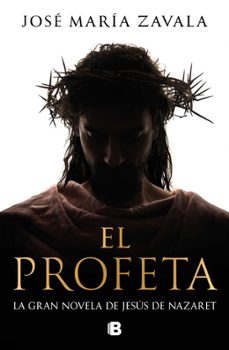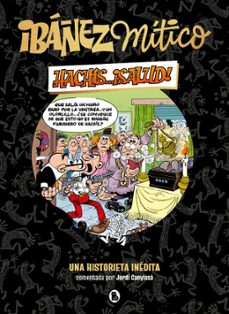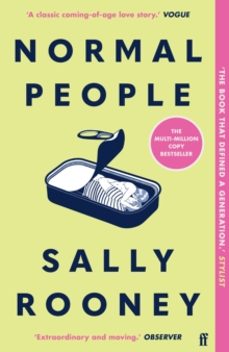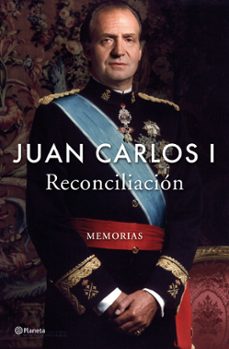📗 Libro en inglés THE CRAFTSMAN
PENGUIN- 9780141022093
Sinopsis de THE CRAFTSMAN
Why do people work hard, and take pride in what they do? This book, a philosophically-minded enquiry into practical activity of many different kinds past and present, is about what happens when people try to do a good job. It asks us to think about the true meaning of skill in the ''skills society'' and argues that pure competition is a poor way to achieve quality work. Sennett suggests, instead, that there is a craftsman in every human being, which can sometimes be enormously motivating and inspiring - and can also in other circumstances make individuals obsessive and frustrated. The Craftsman shows how history has drawn fault-lines between craftsman and artist, maker and user, technique and expression, practice and theory, and that individuals'' pride in their work, as well as modern society in general, suffers from these historical divisions. But the past lives of crafts and craftsmen show us ways of working (using tools, acquiring skills, thinking about materials) which provide rewarding alternative ways for people to utilise their talents. We need to recognise this if motivations are to be understood and lives made as fulfilling as possible.
Ficha técnica
Editorial: Penguin
ISBN: 9780141022093
Idioma: Inglés
Número de páginas: 300
Tiempo de lectura:
6h 10m
Encuadernación: Tapa blanda bolsillo
Fecha de lanzamiento: 04/12/2008
Año de edición: 2008
Plaza de edición: London
Especificaciones del producto
Escrito por Richard Sennett

Richard Sennett (Chicago, 1943) va estudiar Sociologia a la Universitat de Chicago i a la de Harvard, on es va doctorar el 1969. De jove va iniciar una carrera musical notable com a violoncel·lista, vinculada a la Julliard School. El 1976 va fundar, amb Susan Sontag i Joseph Brodsky, el New York Institute for the Humanities a la Universitat de Nova York. Després d’haver ensenyat al MIT i al Trinity College de la Universitat de Cambridge, a partir dels anys noranta va alternar la docència entre la Universitat de Nova York, la London School of Economics i la Universitat de Harvard. Va ser un dels fundadors de Theatrum Mundi. The Fall of the Public Man (1977) i The Corrossion of Character (1998) han estat algunes de les seves obres més significatives. Posteriorment, entre altres llibres, va escriure la trilogia que ell anomena «Homo Faber»: The Craftsman (2008), Together: The Rituals, Pleasures, and Politics of Cooperation (2012) i Construir i habitar. Ètica per a la ciutat (2018), publicada a Arcàdia el 2019. També a Arcàdia, L’espai públic. Un sistema obert, un procés inacabat (2014).
Descubre más sobre Richard Sennett Recibe novedades de Richard Sennett directamente en tu email
Opiniones sobre THE CRAFTSMAN
¡Sólo por opinar entras en el sorteo mensual de tres tarjetas regalo valoradas en 20€*!






























